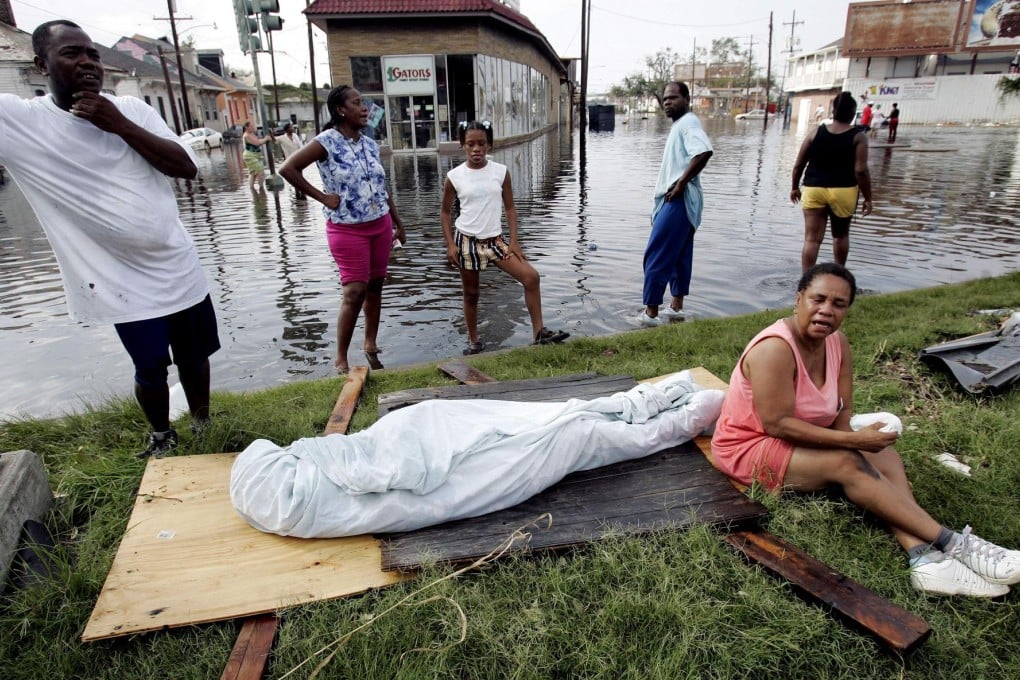Book review: The Power of Noticing, by Max Bazerman
In 2001, four years before Hurricane Katrina hit North America's Gulf Coast, science writer Eric Berger foretold the disaster with chilling accuracy.

by Max Bazerman
Simon & Schuster
4 stars
In 2001, four years before Hurricane Katrina hit North America's Gulf Coast, science writer Eric Berger foretold the disaster with chilling accuracy.
"New Orleans is sinking. And its main buffer from a hurricane, the protective Mississippi River delta, is quickly eroding away, leaving the historic city perilously close to disaster. So vulnerable, in fact, that earlier this year the Federal Emergency Management Agency ranked the potential damage to New Orleans as among the three likeliest, most catastrophic disasters facing this country," Berger wrote in the .
The other two disasters? A massive San Francisco earthquake and, prophetically, a terrorist attack on New York City, reports Harvard Business School professor Max Bazerman.

The corrupt energy giant Enron, the doomed space shuttle Challenger and even the 2008 financial meltdown all feature. In each case, he gauges what warning signs eluded scrutiny and why. Besides, he defines general traps to avoid, from "motivated blindness" to misdirection.
Bazerman's humiliating core observation is simple: essentially, we are less shrewd than we assume.
